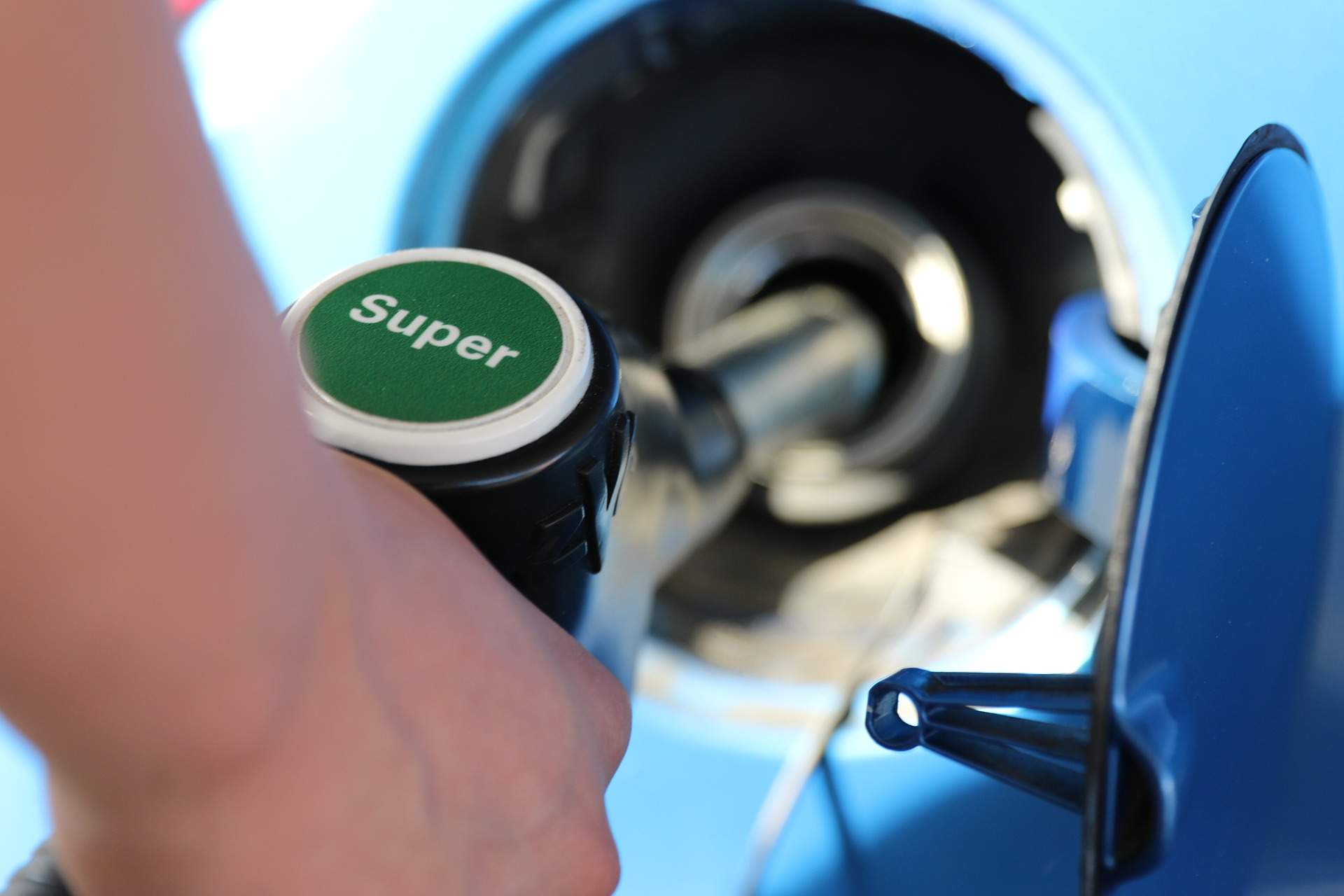
A group of MPs are calling for an independent fuel price watchdog, to be named Pumpwatch.
Intended to monitor the price of diesel and petrol prices, the scheme would allow forecourts that supposedly charge fairer prices to display a ‘kitemark’ logo to consumers.
Fuel price campaigners argue that, even though pump prices have fallen over the last six months, they have not fallen as fast as wholesale costs.
However, industry figures have signalled a level of opposition to the idea, primarily on the basis of practicality. Speaking to the BBC, Brian Madderson, chairman of the Petrol Retailers Association, said: “While it is possibly a well-meaning idea, it would be pretty impracticable. Who is going to check prices at 8,500 forecourts? And if you have a kitemark, what’s going to be the acceptable margin? If people don’t like high prices, they can always go to a cheaper forecourt.”
The All-Party Parliamentary Group (APPG) for Fair Fuel is accusing the industry of increasing its profit margins at the expense of motorists. The plan to set up Pumpwatch follows a petition organised by pressure group FairFuel UK. It has collected 14,000 signatures since the week before Christmas.
The MPs said that petrol retailers made an average profit of 8p a litre in the first nine months of 2018, but this had increased to more than 13p a litre by the end of the year. The average price of unleaded petrol is currently 120.92p a litre, according to Catalyst Experian, with 65% of the price accounted for by fuel duty and VAT.
How well do you really know your competitors?
Access the most comprehensive Company Profiles on the market, powered by GlobalData. Save hours of research. Gain competitive edge.

Thank you!
Your download email will arrive shortly
Not ready to buy yet? Download a free sample
We are confident about the unique quality of our Company Profiles. However, we want you to make the most beneficial decision for your business, so we offer a free sample that you can download by submitting the below form
By GlobalDataKirstene Hair, MP for Angus and the chair of the APPG, said: “Drivers need reassurance that they are not paying way over the odds for fuel. In rural communities where public transport is poor and unreliable, people need their vehicles to get from A to B. It is essential that they pay the fairest price. That is where a price monitoring system would support them.”
In October last year the Business, Energy and Industrial Strategy (BEIS) Committee’s proposed to push forward the UK government’s plans to impose a blanket ban on new petrol and diesel cars as part of its ‘Road to Zero’ emissions policy to the year 2032.







